
There are some fantasy, science fiction, and horror films that not every fan has caught. Not every film ever made has been seen by the audience that lives for such fare. Some of these deserve another look, because sometimes not every film should remain obscure.
Sometimes, you find that in order to do a four-color inspired story, you need a lot of red, white, and blue……
Mr. Freedom (1969)
Distributed by: Grove Press (in US)
Directed by: William Klein
When one talks about “superhero fatigue,” two major points that stand out are how none of them are original, and that many of them are vapid.
The reason it’s called “fatigue” is that the genre has become so set in its way when a new production comes out, the eye-popping newness no longer there to dazzle. Much like opera, you can show one example of the corpus to someone not slavishly devoted to the form, and watch them fail to identify the film on sight. And for all but the greatest devotees, it would be fair to say that they’re watching a film that’s too big but says nothing, and that they really don’t make superhero films like they used to.
Certainly not like how they did in 1969…
Note: Video above is for a later presentation, and not the original cinema trailer (if it ever existed).
We open after a very brief animated title sequence on footage of racial riots from the1960s. After setting the scene, we watch as a sheriff (John Abbey) comes into his office and drinks Colt 45 malt liquor from a can with his sandwich, while hearing the riot going on in the background.
He goes through a door to another room with a large American flag covering the wall. He pulls aside the flag, mounted like a curtain, to go over his gear:


In the time it can take you to say, “Edward Blake was the Comedian,” he becomes Mr. Freedom, and stays in most of his gear through the rest of the film. He responds to the crisis by doing a home invasion of a family where some of them engaged in looting, then uses two Colt 45 automatic pistols to cause terror as he brings about his version of freedom.
His rampage mission is interrupted by his supervisor, Dr. Freedom (Donald Pleasence), who calls him to headquarters with a new, vital mission:
With his orders, he proceeds to Paris, where he meets up with Marie-Madeline (Delphine Seyrig). After they fight each other the first time they come together, because superheroes, duh, Marie brings Freedom up to date on where things stand. As the former wife of Capitaine Formidable (played in occasional flashbacks by an uncredited Yves Montand), she’s gotten together her allies to form an organization for Freedom to run now that he’s in France.
Soon, Marie brings Freedom to meet the gang, where he addresses the crowd with a sales pitch/call to arms that’s every bit American as he is:

The next morning, after a fast but brutal breakfast (interrupted by an assassination), Freedom touches base with the US Embassy, which is decked out like a supermarket.


The ambassador briefs Freedom on conditions on the ground, debriefing him on the group French Anti-Freedom (FAF). He’s also arranged for a visit with Super French Man (an inflatable figure voiced by Guy D’Avout) to share intel. When they share opinions about American power, though, the briefing goes pretty badly.
Freedom finds out that Muzhik Man (Philippe Noiret), Freedom’s Soviet counterpart, and Red Chinaman (an inflatable figure voiced by Albert Dray) from the PRC, are willing to meet Freedom in the Metro. As the paragons discuss ideology, Muzhik Man offers condolences on the loss of Capitaine Formidable, while noting he had no hand in his death.


There are setbacks after Freedom accidentally knocks himself out and has a moment of deep self-reflection when Marie’s son recoils from Freedom, calling him a murderer that nobody likes, which nearly derails the mission. But, after the transmitter in Freedom’s molar is changed (don’t ask), he’s good to go, as he starts to bring his particular “freedom” to the French.
As folks on the right say, “freedom isn’t free,” and in this case it sure ain’t pretty either. Like a brush war that bumbles into a nuclear exchange, Freedom and his crew’s actions and reactions get bolder and sillier as the film rushes forward, doing the best they can to hit a target that gets harder to hit the closer they get to it…


And yes, that last sentence can also describe the American venture in Vietnam going on at that time, as well as the French efforts ten years before. The fact that the Americans are doing to and on behalf of the French mirrors their efforts in Southeast Asia is part of the point the film makes about imperialism. The film is a full-out farce that spares no one with interventionist tendencies, and is quite clear on where it stood on the issues of the day.
The things Freedom says and does are also an indictment of America’s more jingoistic mindset. Racial epithets get thrown out of the main character’s mouth with abandon. Women in James Bond films get more respect than any female characters do here. This bad behavior would all seem shocking to anyone at the time who couldn’t accept such things being said about the US at the time, and as Alex Jones would not be born for five more years-
Oops, must. Resist. Semi-obvious. Comment…


William Klein in 1969
Klein, the writer and director, was more than willing to accept this interpretation. An expat New Yorker who stayed in France from the end of World War II until his death in 2022, Klein was in a position to point out the worst in the States while fully accepting all the baggage the country’s history contained, without feeling any need to censor himself. Any audience that hadn’t read or seen The Boys was going to be struck hard by his film, with how hard they felt that blow depending on the viewer’s political leanings.
Just as striking, if not more so, was the production design of the film, especially its sets and costumes. Klein’s long career as a photographer, shooting glossies for fashion magazines and capturing street scenes as they unfolded, served him well when shooting a living comic book. Every article on the characters or the walls, all practical effects, feels hyper-real, more so striking to the eye than some of the more recent superhero films. The cinematography by Pierre Lhomme accentuates the colors and lines of every item, making it a beautiful spectacle regardless of where the viewer’s views are.


Poster for the theatrical US release.
With a cast that complimented Klein’s gung-ho over-the-top artistic choices, the film serves as an answer and antidote to the latest superhero films. It’s proof that you can do something weighty while not relying on any VFX house waiting to do the sets and costumes. And sadly, the attitudes expressed by the main characters in the film about what it is to be an American are more so evident in folks who don’t mind saying the silent part aloud at the top of their voices, keeping this film au currant in our times, and worth watching now to help gain some perspective as to how we got here.
Mr. Freedom can be exciting and infuriating, but never fatiguing…







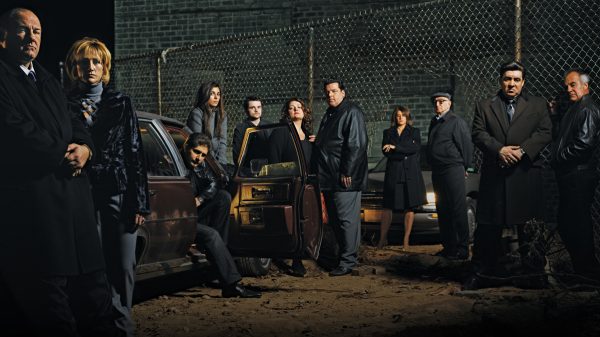
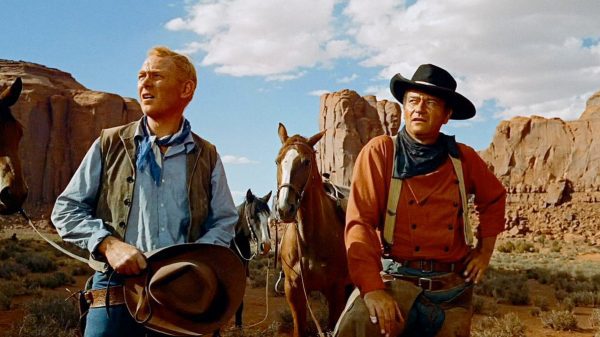


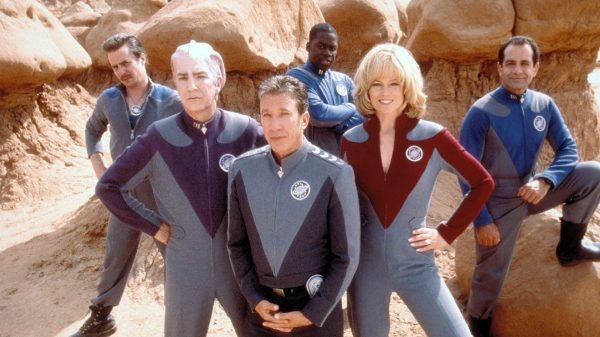
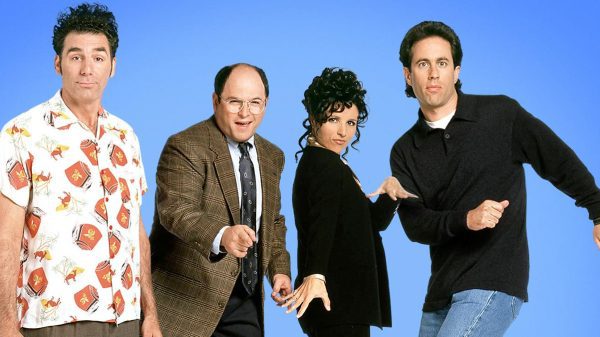


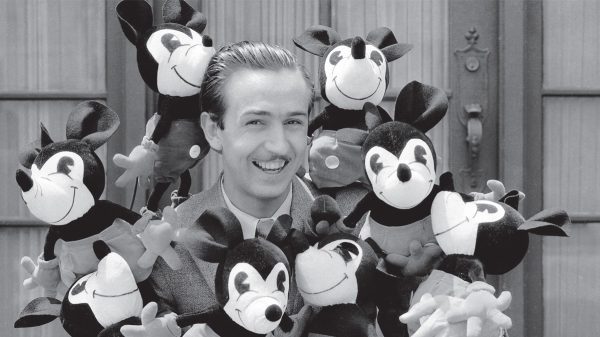


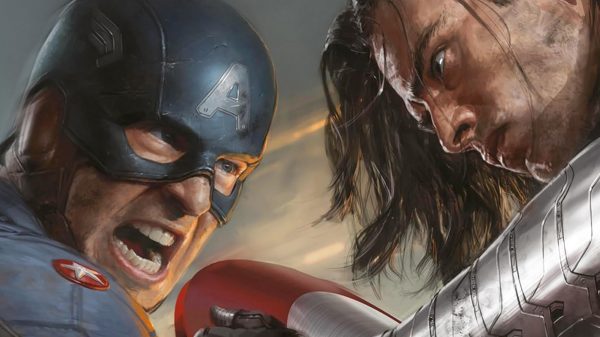




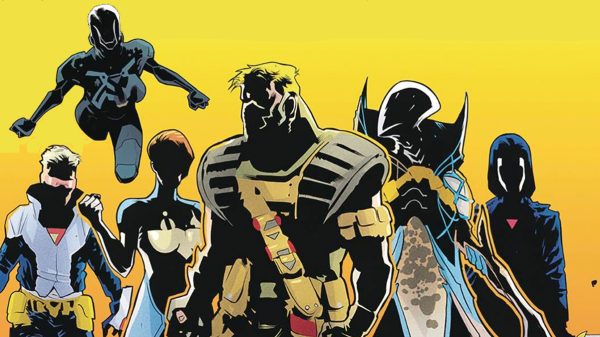
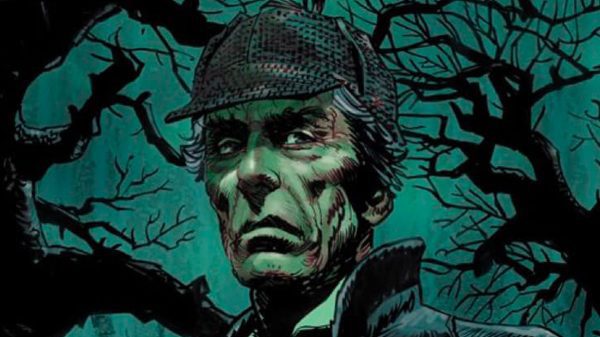
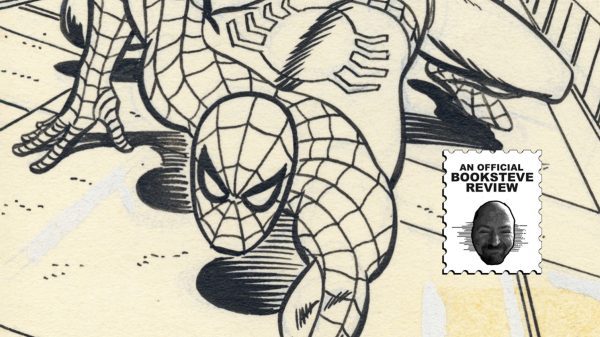
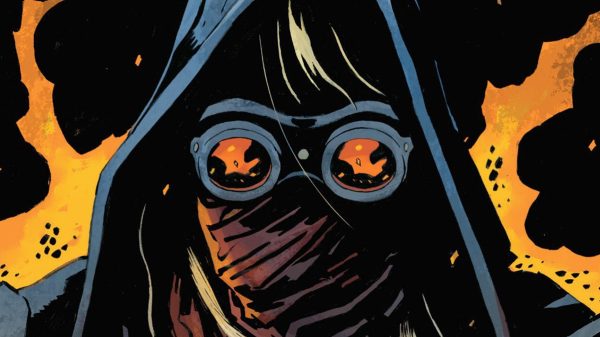





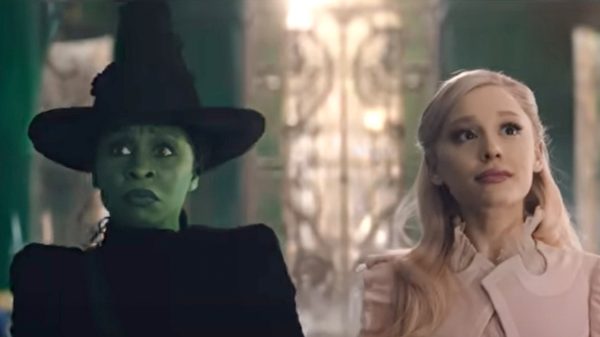
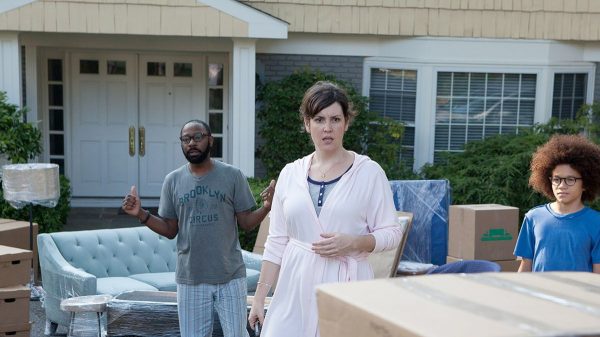
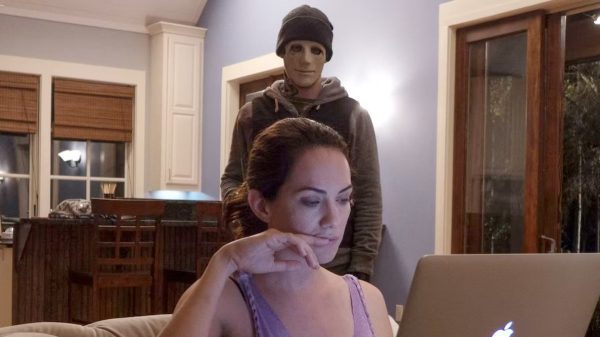












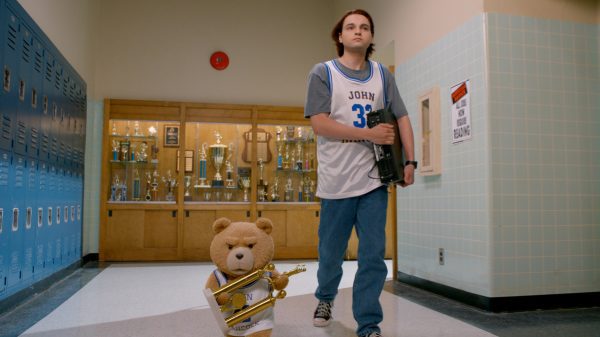
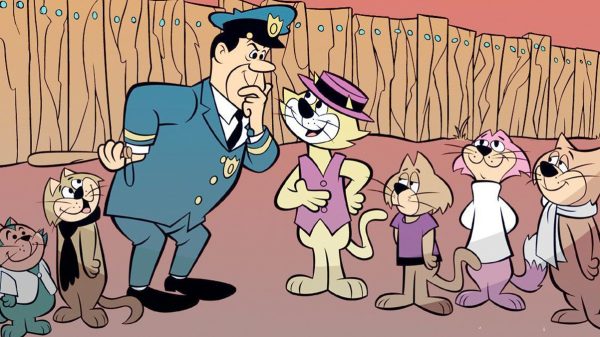
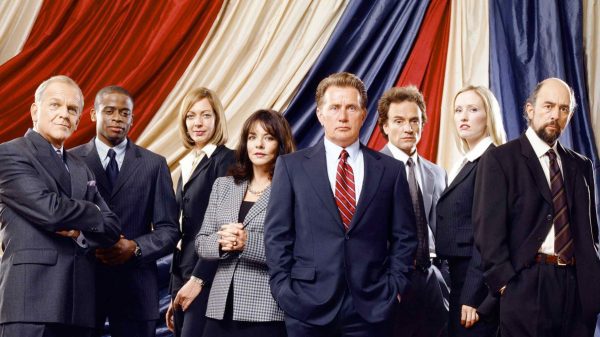
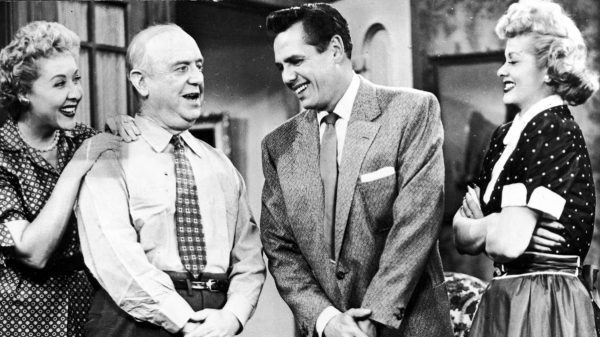
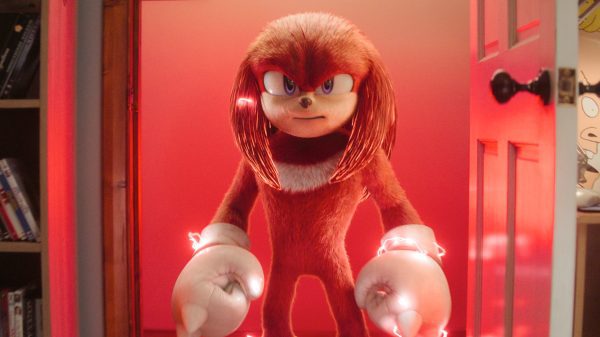


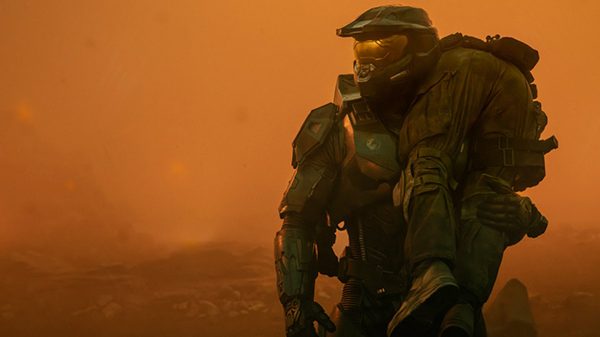
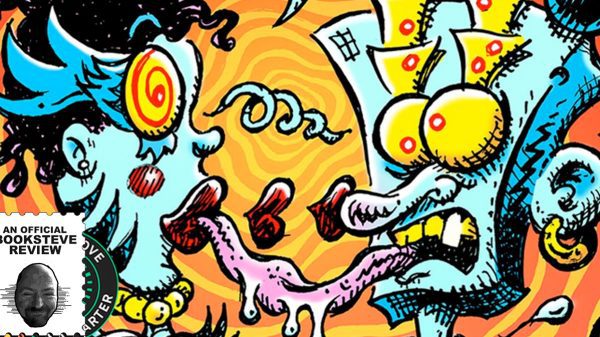


































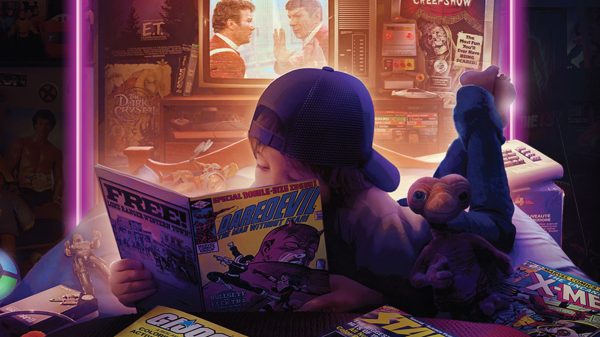
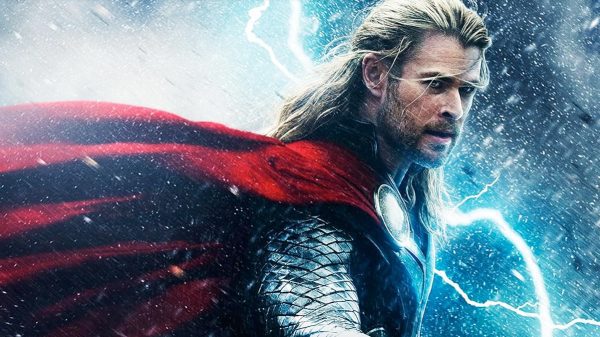









You must be logged in to post a comment Login